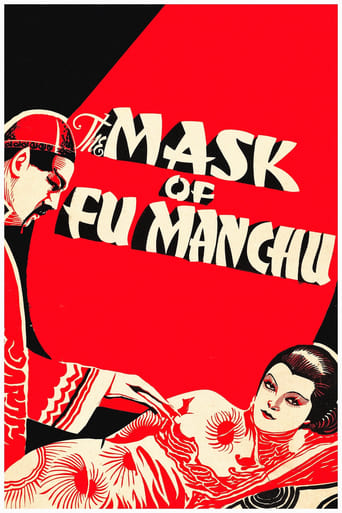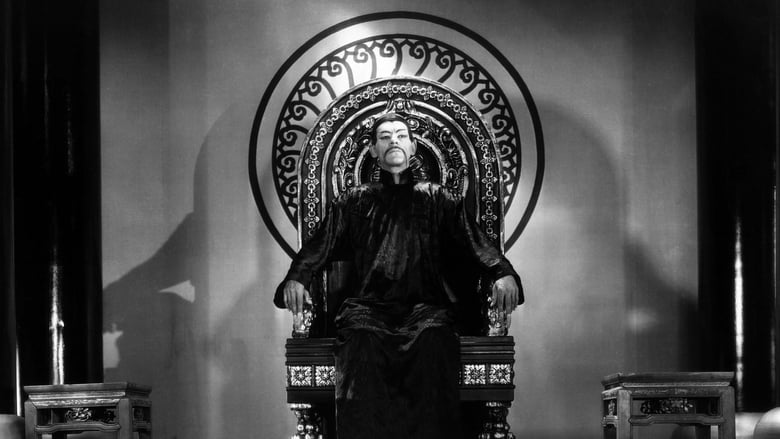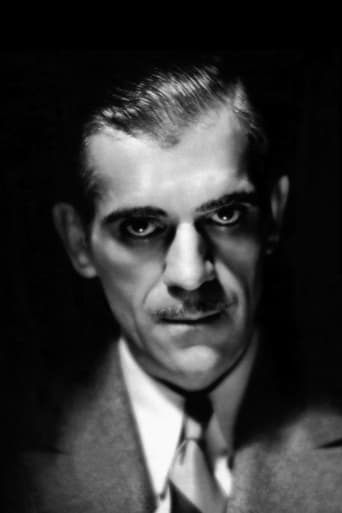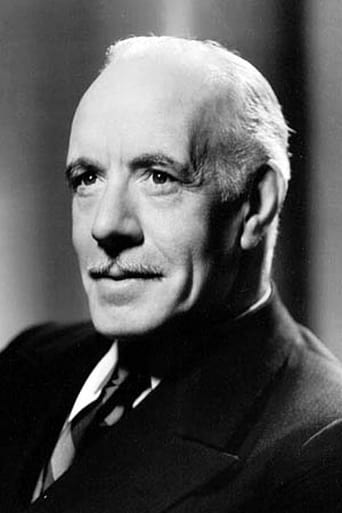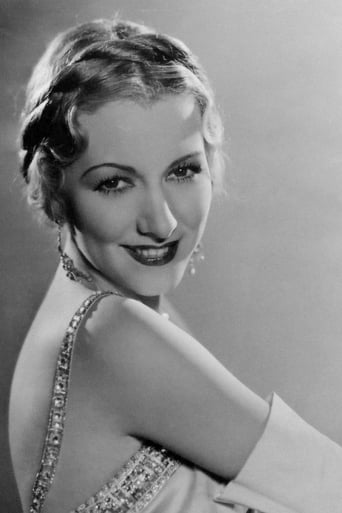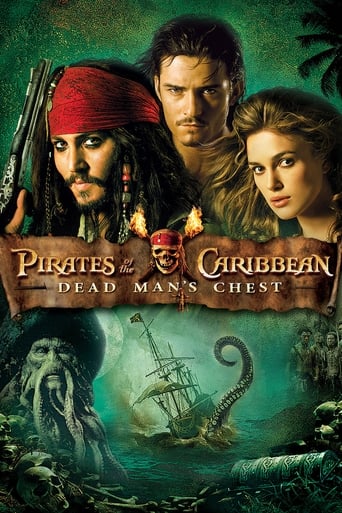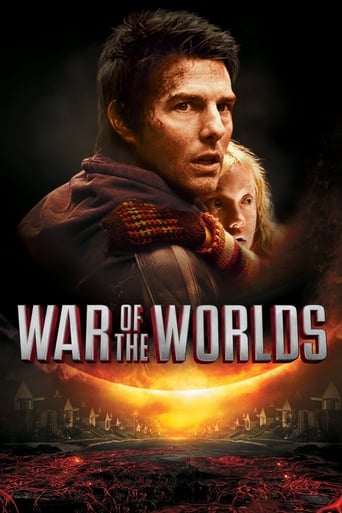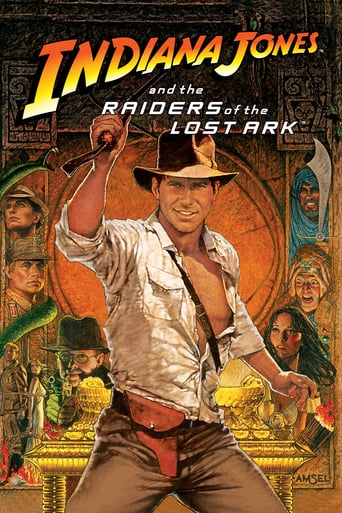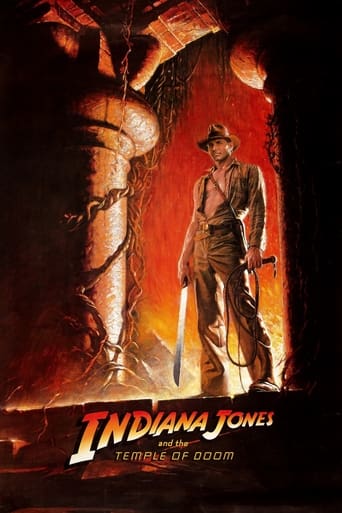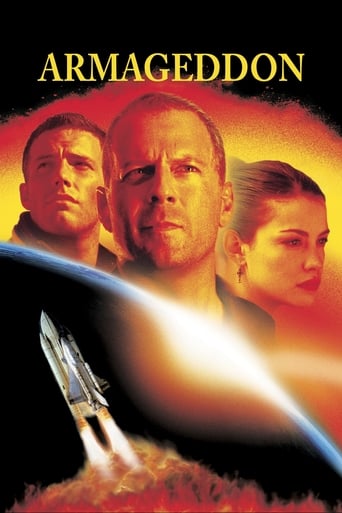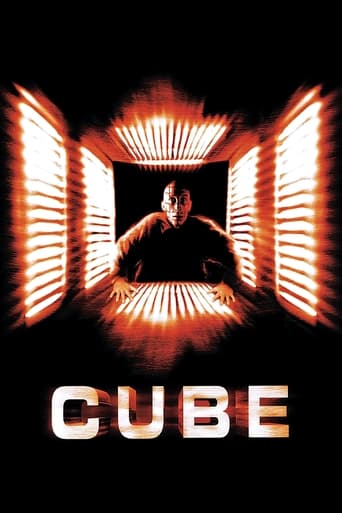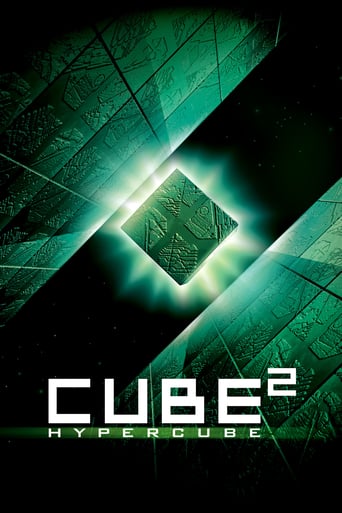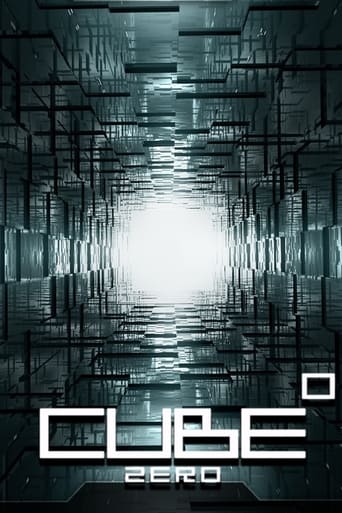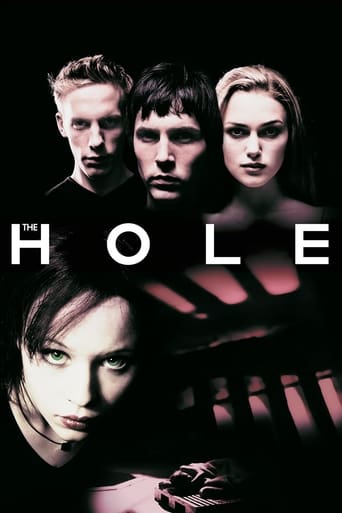The Mask of Fu Manchu (1932)
The villainous Dr. Fu Manchu races against a team of Englishmen to find the tomb of Ghengis Khan, because he wants to use the relics to cause an uprising in the East to wipe out the white race.
Watch Trailer
Free Trial Channels
Cast


Similar titles
Reviews
Charming and brutal
brilliant actors, brilliant editing
This is a gorgeous movie made by a gorgeous spirit.
I didn’t really have many expectations going into the movie (good or bad), but I actually really enjoyed it. I really liked the characters and the banter between them.
The Mask of Fu Manchu had some pretty steep production problems, largely due to the script constantly being rewritten on set - Boris Karloff later recalled staying up all night to learn a huge speech he was expected to deliver the next day, and promptly being given a totally different one on arriving on set! The film does feel a bit rushed in places as a result; but what you'll remember is its extremely glossy look - it was made at M.G.M. after all, and Karloff's delightfully impish FU. In the pre-code production days of 1932 it's pretty clear that FU is bi-sexual, and his daughter, played by Myrna Loy, is a sadist. Karloff in a way is sort of doing a Vincent Price and having great fun camping it up.The plot concerns the uncovering of the tomb of Ghengis Khan, and Fu's desire to get his long-nailed hands on ol' Ghengis' mask and sword, so all of Asia will rise up behind him and wipe out the white race.The torture scenes are quite graphic for their time - indeed, I remember reading the production used a real severed hand supplied by a mortuary for a particular scene. There is also a kidnapping scene at the top of the movie which involves Dacoits dressed as Mummies - if this isn't an in-joke at the expense of the then in production The Mummy, also with Karloff of course, I'll eat my hat.All in all this is quite fun, not nearly as good as The Mummy or The Old Dark House, but it displays Boris' versatility to fine effect.
Wondering at the perceived peculiarities of Fu-Manchu and his followers, Nayland Smith wonders aloud, "Will we ever understand these Eastern races?" This statement is ironic because he is surrounded by Asians— during the excavation, as well as in everyday society. If the Westerners truly wanted to learn more and understand the Easterners, all they would have to do is ask. They are unable to realize the proximity of such first-hand knowledge because of their preconceived, inaccurate notions about the East, which are especially apparent in the book. The Westerners, while claiming to be cultured and refined, seem unable to change their prejudices regarding the East. The dismissive phrase "these Eastern races" shows their inability in viewing and appreciating the East for what it actually is— a massive area with a massive number of unique cultures and people. Smith's statement is further ironic in that he, as well as his companions, are well-educated scientists. They claim the right to Genghis Khan's mask and sword for the good of their research. The fact that such academics are unable to realize the wealth of information that actual, living Asians, as opposed to non- sentient artifacts, could provide them with, is further laughable. Instead, they label the Easterners as something to be avoided and dismissed, to the point of congratulating an illiterate Asian servant for being uneducated. The film itself is entertaining: that is, until you begin to analyze what the underlying message really is, in regards to how Westerners regard Eastern culture.
This film is perhaps even more politically incorrect than its source material. Nayland Smith and Lionel Barton have no qualms from stealing from the tomb of Genghis Khan, a man who lived on the other side of the world and to whom they have no connection. In their quest of thievery, they readily enlist half-naked Asian men to help, never once even attempting to understand their culture, customs, or religion. For Smith, Sheila, Barton, and the rest --- Fu Manchu is a "yellow beast" and his people savages. The film's climax sees Smith and crew electrocute not only Fu Manchu but the entire crowd as well, making it clear that mass murder is totally okay, so long as it's against yellow people. The only good Asians are either dead, working for them, or as we see at the film's end, stupid. Aside from the plot, various other aspects of the film are problematic as well. Fu Manchu and his daughter are both played by white actors in heavy makeup --- the Asian equivalent of Blackface. Fu Manchu is purportedly Chinese while at the same time being the villain for the whole of "the East," as if director Charles Brabin doesn't realize that Asia is an entire continent comprised of all sorts of different countries. Add in Fu Manchu's black servants, and it's clear Brabin has absolutely no idea what "the East" is like at all.Is it entertaining? Sure, in a 1930's campy kind of way. But with a racist message at the core, it can't be considered a good film.
The comedic and even incredulous moments in the film make it an enjoyable watch. Yet, multiple moments still disturb me due to the repeated employments of orientalist stereotypes. By these stereotypes, I don't only mean ones such as Asians having mono-lids. I am not even commenting on how Fu Manchu himself looks because in the book written by Sax Rohmer, he wasn't described as a very typical Chinese anyways. However, I was disturbed by how the other characters that played alongside Fu looked. For one, in the scenes involving his daughter, she carried a very confused identity. In one moment, she was dressed in a Chinese traditional costume (though it was brought to an extreme with the traditional 'empress-like' head gear). In the next moment, she was dressed in an Indian costume. The multiple costumes that she wore paralleled the film's conflation of the East with anything that is not the West (i.e. not white). From the featuring of Africans, to Indians, to Middle-Easterners and Chinese, all these characters were classified as the 'East', ignoring all the differences. Their agencies are also suppressed because they seemingly blindly adoring Fu. If these confusing multiple races had not been featured, this film would have been a more enjoyable watch.

